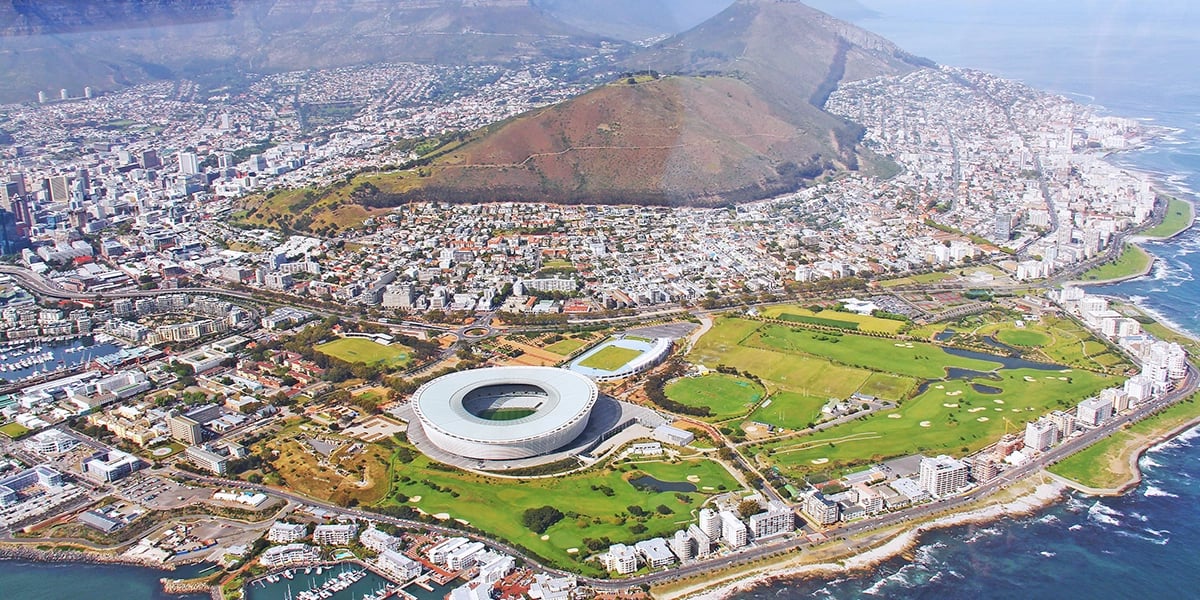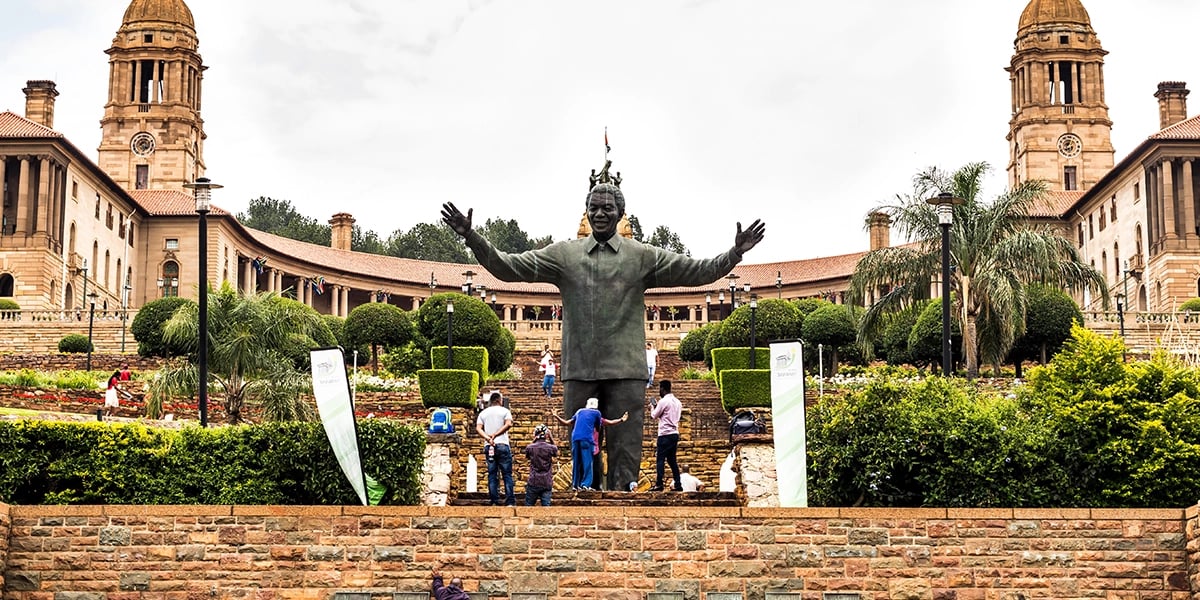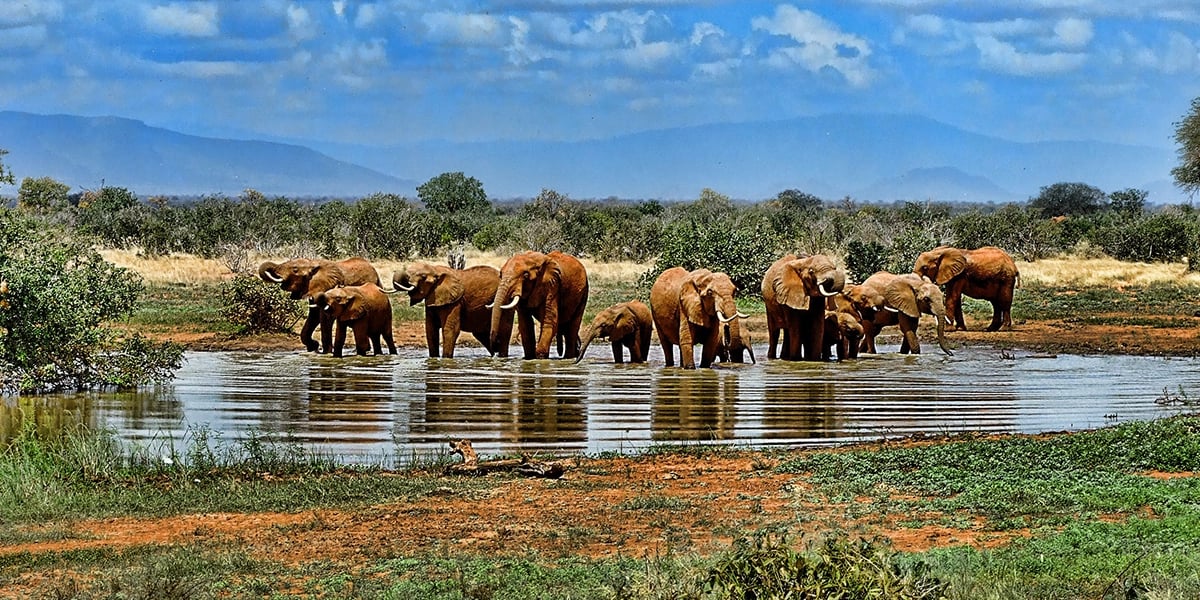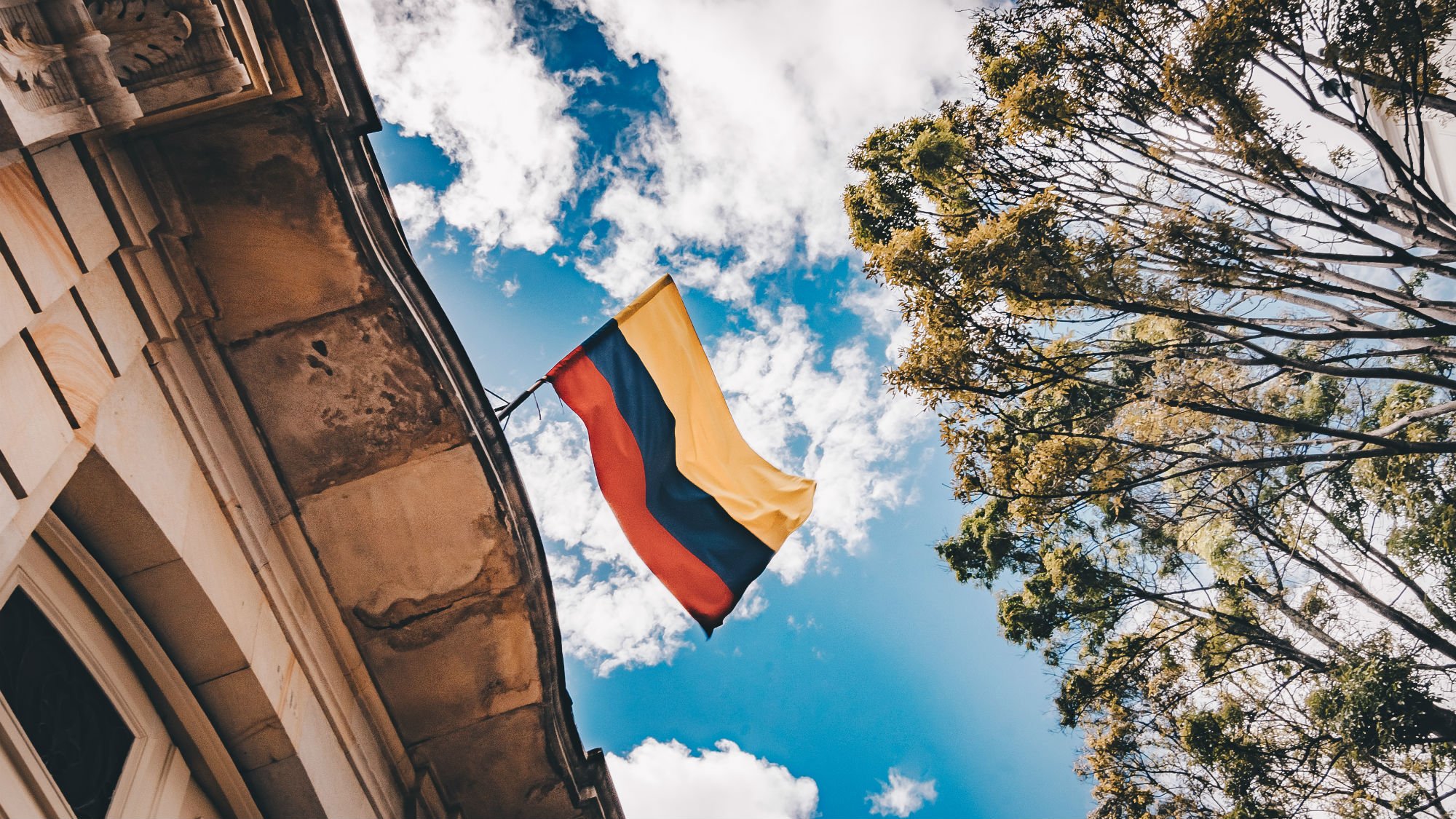Embarking on a school trip to South Africa is not just an adventure; it's a transformative experience that can significantly contribute to shape the academic future of students aspiring to attend the best universities.
South Africa stands as a transformative journey that goes beyond the conventional classroom setting. This article explores compelling reasons why South Africa should be at the top of the list for those dreaming of attending the best universities abroad.
Discover the variety of reasons why studying in South Africa is an invaluable investment in academic and personal development.

Diverse Cultural Exposure
South Africa is a melting pot of cultures, languages, and traditions. Exposing students to this rich diversity fosters a global perspective and a cultural sensitivity, which are highly valued by prestigious universities.
Interacting with local communities, attending cultural events, and engaging in meaningful conversations contribute to the development of open-minded and adaptable individuals, essential qualities for success in any academic setting.
Some of the prominent diverse cultures in South Africa includes the ethnics groups like Zulu, Xhosa, Afrikaans, Sotho-Tswana, Ndebele, Venda and Tsonga. It also has a significant Indian, Dutch, British and Portuguese population, due to colonization and immigration.
Wildlife and Environmental Conservation
South Africa boasts some of the world's most breathtaking landscapes and wildlife. Students can explore national parks, participate in conservation programs, and gain a profound understanding of environmental challenges and solutions.
One of Africa's most famous wildlife reserves is the Kruger National Park, where you can find the “Big Five”: lion, leopard, elephant, buffalo, and rhinoceros. Another important protected area is the iSimangaliso Wetland Park, which is located in KwaZulu-Natal. It was declared UNESCO World Heritage Site with diverse ecosystems, including wetlands, coral reefs, and savannahs. It is home to a variety of wildlife, including hippos, crocodiles, and a rich birdlife.
There are also organizations, like CapeNature which is responsible for managing nature reserves and biodiversity conservation, and you can collaborate with them.
This hands-on experience not only enriches their knowledge but also instills a sense of responsibility towards the planet—qualities that universities look for in prospective students interested in environmental science, biology, or related fields.

Historical Significance
The history of South Africa, marked by struggles against apartheid and the pursuit of equality, offers invaluable lessons in resilience, activism, and social justice.
Apartheid was a system of institutionalized racial segregation and discrimination that took place in South Africa from 1948 until the early 1990s. The term "apartheid" is derived from the Afrikaans word meaning "apartness," and it was implemented by the National Party, which came to rule South Africa in 1948. It was characterized by a series of laws and policies that enforced racial segregation and denied political and economic rights to the majority of the population, who were non-white.
The dismantling of apartheid began in the late 1980s, marked by negotiations between the apartheid government and anti-apartheid activists. In 1990, then-President F.W. de Klerk announced the end of apartheid policies, and the process of democratization culminated in the first multiracial elections in 1994, which saw Nelson Mandela elected as the first black president of South Africa.
Universities appreciate students who are socially aware and committed to making a positive impact on the world, and a school trip to South Africa can help cultivate these qualities.
Community Service Opportunities
Engaging in community service projects during the school trip allows students to make a tangible impact on local communities. This hands-on experience in service learning not only builds empathy but also demonstrates a commitment to social responsibility—qualities that can set applicants apart when applying to competitive universities.
Many institutions value applicants who actively contribute to their communities, and a South African school trip provides a unique platform for such endeavors.
There are many NGO’s and governmental programs that require volunteers in Southafricans social problems like: educational support, environment conservation, women’s and children rights, HIV/AIDS prevention and other healthcare Initiatives.
Here are some important NGOs and governmental programs in South Africa:
Nelson Mandela Foundation:
- - Focus: Human rights, social justice, and the legacy of Nelson Mandela.
- - Website: Nelson Mandela Foundation
Save the Children South Africa:
- - Focus: Child protection, education, and healthcare.
- - Website: Save the Children South Africa
Sonke Gender Justice:
- - Focus: Gender equality, violence prevention, and healthcare.
- - Website: Sonke Gender Justice
National Development Plan (NDP):
- - Focus: Long-term development goals covering various sectors.
- - Implementing Agency: The Presidency.
- - Website: National Development Plan
Green Economy Programme:
- - Focus: Sustainable development and green job creation.
- - Implementing Agency: Department of Environment, Forestry, and Fisheries.
- - Website: Department of Environment, Forestry, and Fisheries

Experiential Learning and Team Building
Beyond traditional classroom settings, South Africa offers countless opportunities for experiential learning. Whether it's navigating the Drakensberg Mountains or exploring the Cradle of Humankind, students develop critical thinking, problem-solving, and teamwork skills.
You can also participate in wildlife conservation programs in national parks such as Kruger or Hluhluwe-iMfolozi. Or just visit historical sites like Robben Island, the Apartheid Museum, and District Six in Cape Town to gain firsthand insights into South Africa's complex history.
If you want to, you can Immerse yourself in language programs to learn indigenous languages such as isiZulu or isiXhosa. Many students go to the villages to practice language skills with local communities to enhance communication and cultural understanding.
Conclusion
A school trip to South Africa is more than just a memorable adventure—it's a strategic investment in a student's academic journey. The experiences gained in this diverse and culturally rich country contribute to personal growth, social awareness, and the development of crucial skills.
For teachers in private schools, organizing such trips aligns with the mission of nurturing students into globally minded, socially responsible, and academically proficient individuals—qualities that will undoubtedly make them stand out when pursuing admission to the best universities.
South Africa beckons as a destination where academic dreams and cultural enrichment converge, offering a life-changing adventure for students and educators alike. Aspiring scholars and dedicated educators, take note — the journey to top universities begins with the profound experiences only a trip to South Africa can provide.







